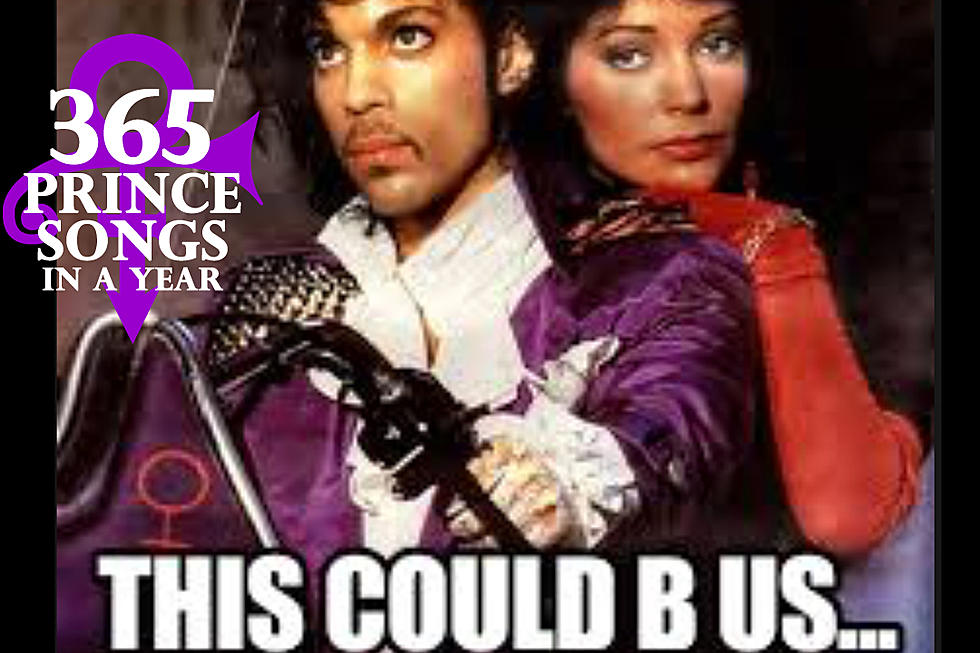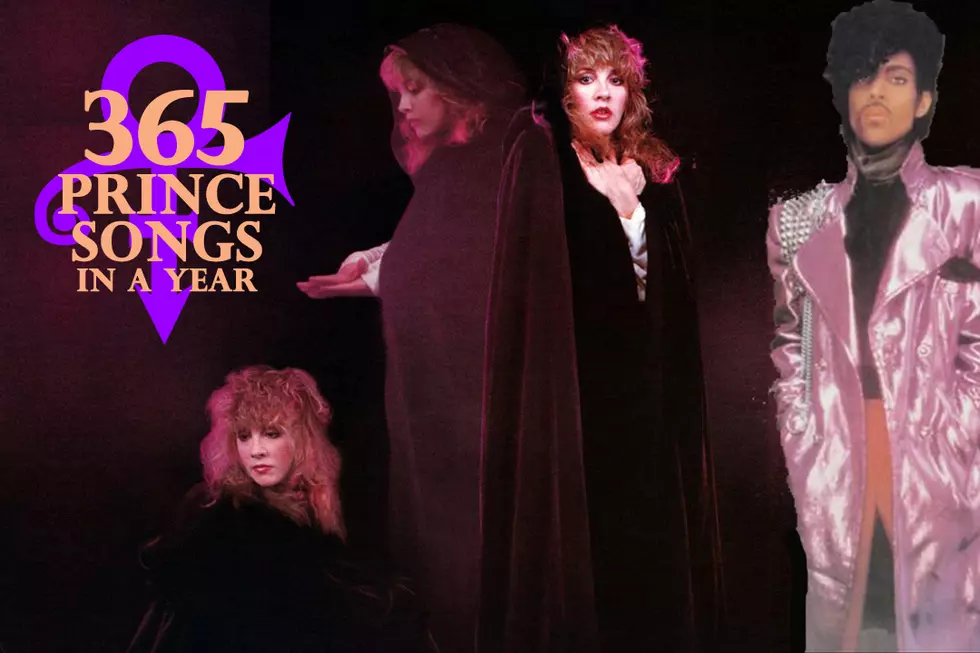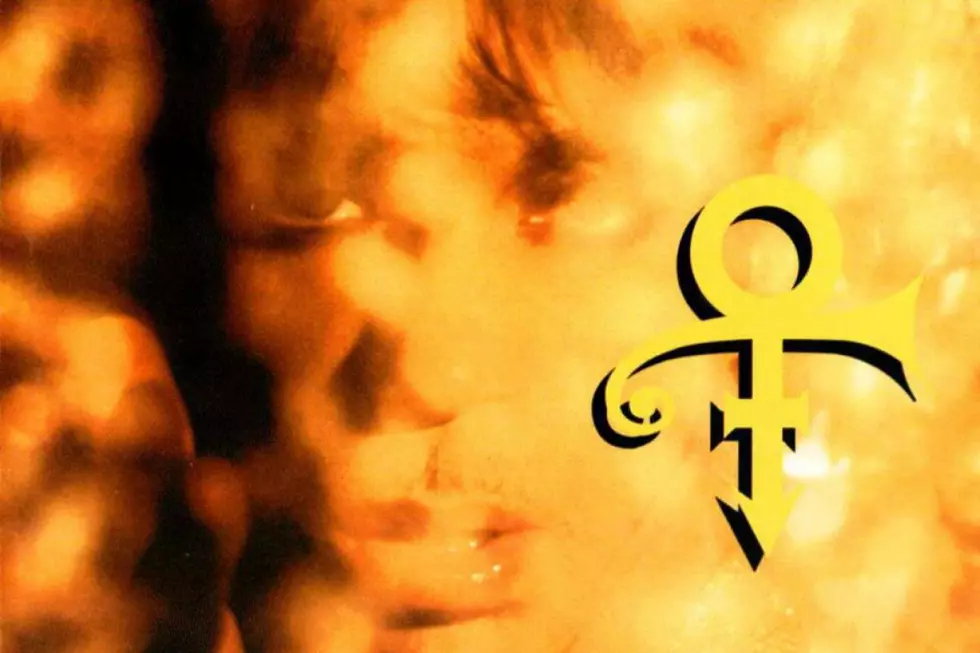
Prince Turns a Meme Into a Song on ‘This Could Be Us': 365 Prince Songs in a Year
To celebrate the incredibly prolific, influential and diverse body of work left behind by Prince, we will be exploring a different song of his each day for an entire year with the series 365 Prince Songs in a Year.
Internet memes routinely appear out of nowhere and disappear just as quickly. Very few get immortalized, however – much less in a song by Prince. That's precisely what happened, however, when "This Could Be Us" was released on 2014's Art Official Age. (A remix entitled "This Could B Us" also appeared on the following year's HITnRUN Phase One.)
According to the Washington Post, the hashtag #ThisCouldBeUsButYouPlaying took hold on Twitter in January of 2014. It was intended to refer to a couple that could be happy if not for one person's fooling around, but, as is often the case on Twitter, was soon appropriated to include all sorts of ironic imagery and pop culture references.
As Prince told the Minneapolis Star Tribune, he had noticed one particularly popular usage of the meme, which featured a picture of he and Apollonia riding on a motorcycle in Purple Rain, and built a song around it. A slow jam inspired by '70s soul, it's lyrically little more than a repetition of the meme and a plea to figure out where a relationship is going (although we're still trying to figure out what a "purple psychedelic pimp slap" is). Still, the lead vocal proves that, even in his mid-50s, he could maintain a stratospheric falsetto throughout an entire song – just as he had done 20 years earlier on "The Most Beautiful Girl in the World."
Prince had a complex history with the Internet. After releasing himself from the entanglements of record labels, Prince created the NPG Music Club subscription service in 2001 as a way of being able to deliver as much music as he wanted directly to his fans -- a main point of contention of his struggle with Warner Bros. Prince shut down the club in 2006, but returned to the internet three years later for the Lotusflow3r three-CD collection.
At the same time, he took issue with fans who were using the internet to post his music, videos and other copyrighted material. As Jason Draper pointed out in Prince: Life and Times, sites could be shut down for even discussing bootlegs on the grounds that it led to people buying them. YouTube became a particular source of contention for him, with him blocking uploaded content ranging from a cover of Radiohead's "Creep" from his Coachella set to a 29-second clip of a baby dancing to "Let's Go Crazy."
In 2010, he bypassed both traditional and modern forms of distribution -- and much of the world -- by attaching 20Ten to newspapers across Europe and the German edition of Rolling Stone. "The internet's completely over," he said while promoting it. "I don't see why I should give my new music to iTunes or anyone else. They won't pay me an advance for it and then they get angry when they can't get it. The internet's like MTV. At one time MTV was hip and suddenly it became outdated. Anyway, all these computers and digital gadgets are no good. They just fill your head with numbers, and that can't be good for you."
By 2014, however, he had apparently changed his mind again.
Prince Magazine Cover Tributes From Around the World
More From Diffuser.fm









